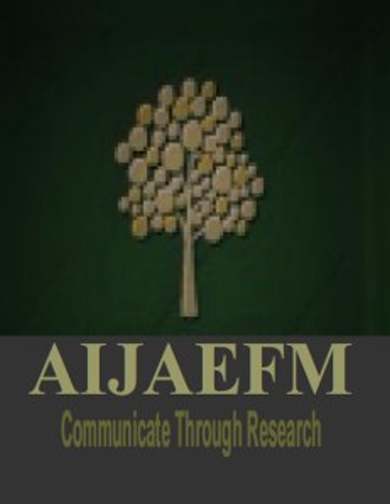Assessing Digital Financial Inclusion And Rural Livelihoods In Shendam Local Government, Plateau State: Prospects For A Sustainable Digital Transformation
Keywords:
Digital Financial Inclusion, Rural Livelihoods, Household Consumption, Financial Literacy, Sustainable Development GoalAbstract
Digital Financial Inclusion (DFI) has become a vital tool for improving financial access and enhancing livelihoods, particularly within underserved rural communities. This study examines the effect of DFI on household consumption patterns and financial well-being in Shendam Local Government Area (LGA), Plateau State, Nigeria. Using a mixed-methods approach, data were collected from 400 rural households across four districts through structured questionnaires, interviews, and focus group discussions. Analytical techniques including descriptive statistics, chisquare tests, and regression models were employed to assess the relationships between DFI, income, education, household size, and employment status. Findings reveal that while awareness of digital financial services is moderate, actual usage remains limited due to low digital literacy, inadequate infrastructure, and affordability challenges. Notably, DFI exerts a negative direct influence on consumption, suggesting that access alone does not ensure financial improvement without adequate literacy and responsible usage. However, the interaction between DFI and income is positive and significant, indicating that digitally included higherincome households experience more diversified and stable consumption. The study further identifies disparities by age, gender, employment status, and household headship, with male-headed and self-employed households showing higher inclusion levels. It recommends financial literacy initiatives, gender-inclusive financial products, and expansion of agent banking networks to strengthen digital access and consumer protection. Overall, the study underscores DFI’s potential as a catalyst for inclusive rural development and supports progress toward relevant Sustainable Development Goals (SDGs) in Nigeria.





